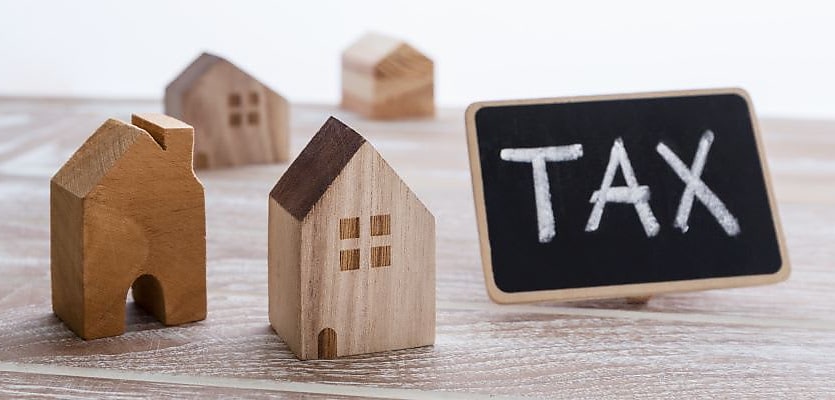A new report has uncovered the skyrocketing costs of strata insurance for consumers.
The findings, uncovered by the Strata Community Association (SCA) and research conducted by Deakin University, indicate that the average strata insurance premium increased from $3,305 in 2016 to $5,017 in 2020 ― an overall increase of 12 per cent.
Body corporates are required by law to hold strata insurance on residential properties, covering damage to common areas and injury to people that might occur on the property’s shared grounds.
Currently, more than a quarter of the costs of strata insurance policies go towards paying government taxes, stamp duties and levies, according to Deakin’s research.
But for consumers in New South Wales, that figure is closer to 40 per cent, and still rising.
SCA national president Andrew Chambers said it was time for the government to review the taxes and levies imposed on strata insurance, and called for stamp duties on strata insurance premiums to be abolished or greatly reduced.
“Breaking down the total costs of insurance, premiums and the amount of duties, levies and taxes charged was a real eye-opener to just how much the consumer is paying in taxes just to take out a policy that is compulsory,” Mr Chambers said.
“Over the last five years strata communities’ insurance costs have spiralled upwards, from approximately $619 million total in 2016 to $1.08 billion in 2020.”
Reinsurance market costs, global climatic events, Australian climatic events, building defects and cladding risks have all driven the cost of strata insurance skyward, the report found.
Storm damage had resulted in $438 million in claims during the last four years, followed by water damage ($362 million) and fire damage ($248 million).
“Our weather will always be unpredictable, but our approach to insuring against it does not have to be,” Mr Chambers said.
To better control costs going forward and bring more certainty to the future of strata insurance, SCA put forth several recommendations beyond the abolishment or reduction of strata insurance duty. They include:
- Replacing emergency levies with general revenue/generally applied property taxes/rates.
- Better regulation and oversight of the building and construction industry, particularly in relation to certifying work on high-claim areas such as water or fire.
- Increase mitigation funding in high-risk areas of Australia.
Mr Chambers said the SCA would continue to push for industry reform.
“We want to work with government and regulators, as well as the whole insurance supply chain to improve consumer knowledge of the current legislation and systems and improve understanding, transparency and disclosure arrangements across the strata insurance industry.”
ABOUT THE AUTHOR
Juliet Helmke
Based in Sydney, Juliet Helmke has a broad range of reporting and editorial experience across the areas of business, technology, entertainment and the arts. She was formerly Senior Editor at The New York Observer.







You are not authorised to post comments.
Comments will undergo moderation before they get published.